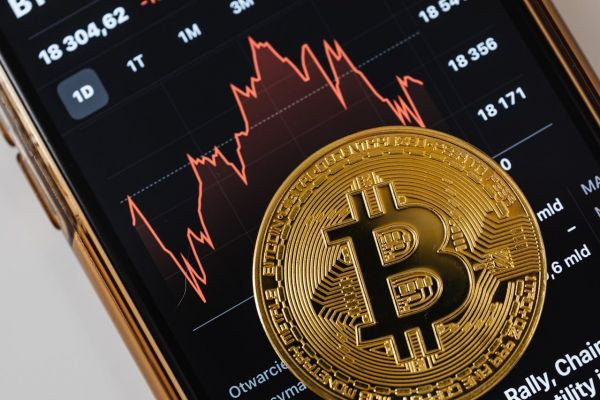The gaming industry has always been at the forefront of technological innovation, and the integration of cryptocurrency is no exception. As blockchain technology continues to evolve, its applications in gaming are becoming increasingly prominent, transforming how in-game economies operate and how players interact with digital assets.
The Rise of Blockchain Gaming
Blockchain gaming leverages decentralized technology to create games where players have true ownership of their in-game assets. Unlike traditional games where items and currencies are controlled by the game developers, blockchain games allow players to own, trade, and sell their assets independently. This ownership is facilitated through non-fungible tokens (NFTs) and cryptocurrencies, which are secure, transparent, and verifiable on the blockchain.
Benefits of Cryptocurrencies in Gaming
True Ownership: Players have full control over their in-game assets. These assets can be transferred between games or sold in secondary markets, providing real-world value and enhancing the gaming experience. For instance, games like Axie Infinity and Decentraland have demonstrated how NFTs can be used to create player-driven economies (Axie Infinity, Decentraland).
Enhanced Security: Blockchain technology ensures that in-game transactions are secure and transparent. The decentralized nature of blockchain reduces the risk of hacking and fraud, providing a safer environment for players to engage in digital transactions (Forbes).
Interoperability: Cryptocurrencies enable interoperability between different games and platforms. This means that players can use the same digital currency across multiple games, creating a unified digital economy. For example, Enjin Coin (ENJ) is designed to be used across a variety of blockchain games, facilitating seamless asset transfers (Enjin).
Play-to-Earn Models: Cryptocurrencies have given rise to the play-to-earn model, where players can earn real-world money by playing games. This model has gained significant traction, particularly in developing countries, as a way for players to generate income. Games like Splinterlands and The Sandbox are leading the charge in this area (Splinterlands, The Sandbox).
Challenges and Considerations
Despite the numerous benefits, the integration of cryptocurrencies in gaming also presents several challenges:
Regulatory Uncertainty: The legal status of cryptocurrencies varies by country, and regulatory frameworks are still evolving. This uncertainty can impact the adoption and development of blockchain games (CoinDesk).
Volatility: Cryptocurrencies are known for their price volatility. This can affect the stability of in-game economies and the value of players' assets. Developers need to implement mechanisms to mitigate the impact of price fluctuations on the gaming experience (Forbes).
Technical Barriers: Blockchain technology is still relatively new, and integrating it into games can be complex. Developers need to overcome technical challenges related to scalability, transaction speeds, and user interfaces to create seamless gaming experiences (Investopedia).
The Future of Cryptocurrency in Gaming
The future of cryptocurrency in gaming looks promising as technology continues to evolve and mature. Here are some trends to watch:
Mainstream Adoption: As more players and developers recognize the benefits of blockchain technology, we can expect to see broader adoption in the gaming industry. Major gaming companies are beginning to explore blockchain integration, which could lead to mainstream acceptance and use of cryptocurrencies in games (Cointelegraph).
Innovative Game Mechanics: Blockchain technology opens up new possibilities for game mechanics and player interactions. For example, decentralized autonomous organizations (DAOs) can enable player-driven governance and decision-making within games, creating more dynamic and engaging experiences (CoinDesk).
Expanded Play-to-Earn Opportunities: The play-to-earn model is likely to expand, offering more opportunities for players to earn real-world money through gaming. This could have significant implications for the future of work and digital economies, particularly in regions with high unemployment rates (Business Insider).
For those interested in exploring cryptocurrencies and their applications in gaming, consider using CEX.IO, a reliable platform for buying and trading digital assets.










